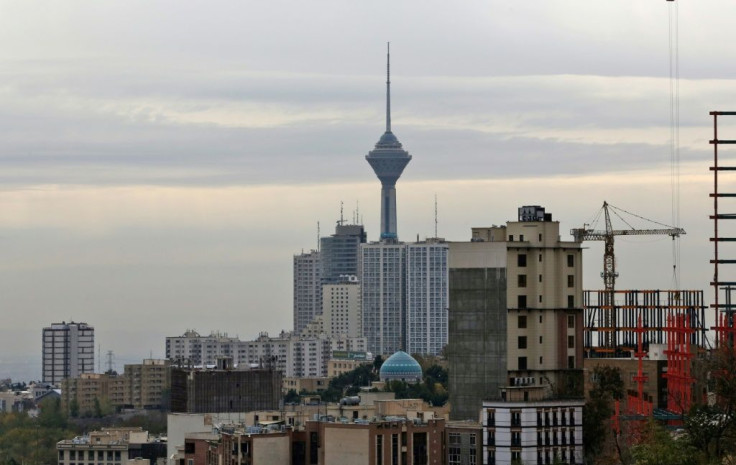Watchdog Sanctions Iran Over Lax Terror Financing Laws

A multinational financial crimes watchdog on Friday faulted Iran for not doing enough to counter a "terrorist financing risk" and announced the reinstatement of punitive measures against the country.
In a statement issued after a meeting in Paris, the Financial Action Task Force (FATF) said it was rescinding a suspension of the measures, granted in 2016, to give Tehran time to work on reforms.
The FATF "fully lifts the suspension of counter-measures" it said, citing Iran's failure to enact the UN's 2001 Palermo Convention against organised crime and the Terrorist Financing Convention.
It also urged FATF member states and "all jurisdictions to apply effective counter-measures".
Iran is alone with North Korea on an FATF blacklist, which severely restricts their access to loans and international aid. The agency has 37 nations and two regional organisations as members.
US Secretary of State Mike Pompeo welcomed the FATF call "for all jurisdictions to swiftly enact counter-measures.
"The regime needs to adhere to the basic standards that virtually every other country in the world agrees to," Pompeo said in a statement.
"Iran must cease its reckless behavior and act like a normal nation if it wants its isolation to end," Pompeo added.
Iran's government has hoped to salvage banking and trade ties after the United States walked out of a landmark 2015 nuclear deal and reimposed crippling unilateral sanctions.
The other parties to that deal -- Britain, France, Germany, China and Russia -- have sought to salvage the agreement and maintain trade with Iran, but have called on Tehran to meet the FATF requirements.
In a bid to do so, the government drafted amendments to laws aimed at curtailing counter-terrorist financing and money laundering.
But it has yet to ratify the two conventions, and the FATF said Iran had further work to do on criminalising terrorist funding, identifying and freezing terrorist assets, and properly regulating wire transfers.
The FATF it would keep Iran on the "high risk jurisdictions" blacklist, and will decide on next steps "if Iran ratifies the Palermo and Terrorist Financing Conventions, in line with the FATF standards."
Counter-measures include audits of Iranian banks and subsidiaries, and stricter oversight of their transactions.
"Until Iran implements the measures required to address the deficiencies identified with respect to countering terrorism financing... the FATF will remain concerned with the terrorist financing risk emanating from Iran and the threat this poses to the international financial system," it said.
The watchdog also raised the pressure on Pakistan, threatening to put it on its blacklist unless the government completes an anti-terror financing action plan by June.
"Otherwise, should significant and sustainable progress especially in prosecuting and penalising terrorism financing not be made... the FATF will take action," the statement said.
This could include calling on its members to advise their financial institutions "to give special attention to business relations and transactions with Pakistan," a measure that could in effect limit its access to the global banking system.
Regarding North Korea, the FATF expressed "serious concerns with the threat posed by the DPRK's illicit activities related to the proliferation of weapons of mass destruction."
© Copyright AFP 2024. All rights reserved.





















